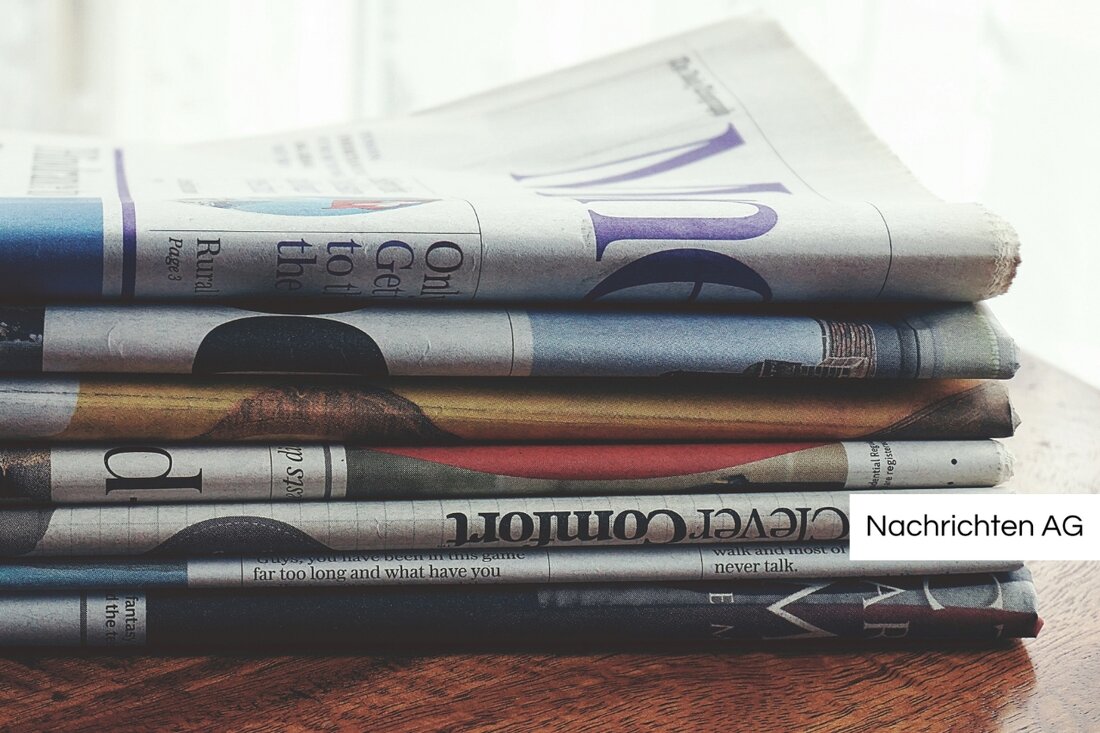New professor revolutionizes chirality at MLU Halle!
Prof. Dr. Niels Schröter will be a professor at the University of Halle from June 2025 and will research chiral quantum materials for new technologies.

New professor revolutionizes chirality at MLU Halle!
On May 16, 2025, Prof. Dr. Niels Schröter officially appointed Professor of Surface and Interface Physics at the Martin Luther University Halle-Wittenberg (MLU). Rector Prof. Dr. Claudia Becker presented him with the certificate of appointment at a festive ceremony. Schröter, who is currently conducting research at the Max Planck Institute for Microstructure Physics in Halle, will contribute his expertise to MLU's research focus on nanostructured materials and at the same time strengthen the expertise in solid state physics at this institution press releases.pr.uni-halle.de reported.
A central focus of Schröter's research is chiral quantum materials. These materials have the potential to make information processing faster, more energy efficient and more robust, which makes them particularly interesting for novel technologies. He is currently part of the team working on the planned Cluster of Excellence “Center for Chiral Electronics”. The decision on funding this cluster will be made on May 22, 2025.
The concept of chirality
Chirality is a fundamental concept in physics that describes how objects such as images and mirror images relate to each other - they are similar, but not identical. This is particularly evident in human hands. The application of chirality to solid-state materials could revolutionize future quantum technologies by discovering new physical phenomena and structure-property relationships. Loud Wikipedia ), chirality plays a crucial role in relativistic quantum mechanics and quantum field theory, particularly in weak interaction processes.
Schröter intends to use chiral structures in his experiments to develop innovative nanoscale spectroscopic techniques. He will also be active in the synthesis of chiral materials, both independently and in collaboration with other Max Planck Institutes. These approaches are intended not only to deepen theoretical concepts about chirality, but also to create practical applications for future technologies.
Scientific achievements and awards
Over the course of his career, Schröter has achieved significant scientific successes. In 2021 he was awarded the Swiss Physical Society Research Prize in the “Physics of Condensed Matter” category. He has also received an ERC Starting Grant worth around 2.4 million euros since 2023 to further advance his research. In mid-2025 he will also be honored with the “C10 Prize” from the International Union of Pure and Applied Physics (IUPAP).
Schröter, who was born in 1988, studied physics at the Free University of Berlin from 2008 to 2013 and received his doctorate from the University of Oxford in 2018 before moving to the Max Planck Institute for Microstructure Physics in 2021. There he led the founding of his own research group, which deals with the applications of chiral quantum materials and pursues innovative research approaches. Recently, his group has published significant research results, including in renowned journals such as Nature.
Through his appointment to MLU, Prof. Dr. Niels Schröter will make a significant contribution to advances in solid state physics and quantum materials, and his work could have far-reaching implications for future technologies.

 Suche
Suche
 Mein Konto
Mein Konto